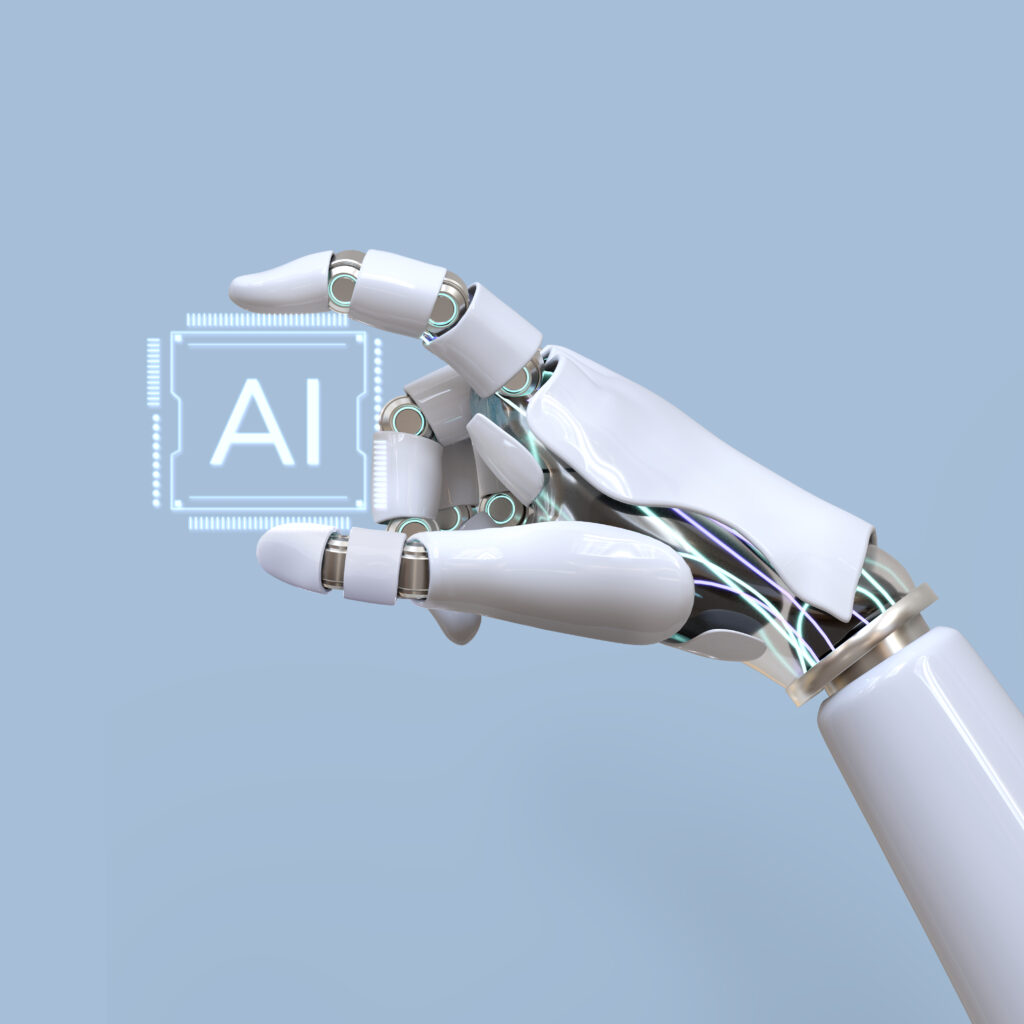Understanding AI and How It Can Change Lives
Artificial Intelligence (AI) has evolved beyond a futuristic concept into a powerful force shaping our everyday experiences. From our smartphones to medical breakthroughs, AI is quietly revolutionising industries, improving efficiencies, and offering new possibilities. But what exactly is AI, and how can it transform our lives?
What is AI?
At its core, Artificial Intelligence refers to the ability of machines or software to perform tasks that would typically require human intelligence. These tasks can range from simple activities like voice recognition to more complex actions like learning from data, solving problems, and making decisions. AI uses algorithms, neural networks, and massive amounts of data to replicate human cognitive processes.
AI in Daily Life: How It’s Already Impacting Us
AI is already integrated into many aspects of our lives. Most of us interact with AI without even realising it. Virtual assistants like Siri, Google Assistant, and Alexa use AI to understand our voice commands and deliver information. Streaming platforms such as Netflix and Spotify employ AI to recommend shows, movies, and music based on our preferences.
Smart devices, like thermostats that learn our behavior and adjust settings accordingly, or autonomous vehicles navigating roads, are just some examples of AI improving convenience and efficiency in our daily routines.
AI in Healthcare: A New Era of Medicine
One of the most promising areas for AI is healthcare. AI is helping doctors diagnose diseases more accurately, develop personalized treatment plans, and even predict potential health issues before they arise. Machine learning algorithms can analyze medical images, such as X-rays or MRIs, to detect conditions like cancer at earlier stages when treatment is more effective.
AI-powered wearable devices can track vital signs in real time, alerting individuals or healthcare professionals to any abnormal changes, enabling timely interventions. This can lead to better health outcomes and more efficient care delivery.
AI in Education: Personalised Learning
In education, AI is helping create personalised learning experiences for students. Intelligent tutoring systems can adapt to a student’s learning pace and style, providing tailored resources and feedback. AI can also help educators identify students who may need extra support, ensuring that no one falls behind.
Moreover, AI-driven platforms are transforming how we acquire knowledge, making it easier for people around the world to access quality education at their convenience, regardless of location or financial constraints.
AI in Business: Revolutionising Workplaces
In the world of business, AI is a game-changer. It is optimizing supply chains, automating customer service, and streamlining operations. Businesses use AI for data analysis, uncovering trends that were previously hidden and making smarter decisions based on real-time insights.
Chatbots powered by AI handle customer inquiries around the clock, improving customer satisfaction while reducing costs. AI is also helping companies personalise marketing efforts, ensuring that consumers are presented with the most relevant products and services.
AI and Sustainability: A Greener Future
AI can also play a significant role in tackling global challenges such as climate change. AI-powered technologies can optimise energy consumption, reduce waste, and enhance renewable energy systems. Machine learning algorithms are helping to predict weather patterns, manage resources more efficiently, and monitor environmental changes, leading to more sustainable practices across industries.
AI: The Future of Humanity
As AI continues to evolve, it has the potential to drive groundbreaking innovations that we can’t yet fully comprehend. From improving healthcare and education to addressing climate change and creating smarter cities, AI is paving the way for a future where technology enhances human capabilities and quality of life.
While there are concerns about job displacement and ethical implications, responsible AI development can ensure that these challenges are managed. The future of AI is not about replacing humans, but about augmenting our abilities and improving our lives in ways we’ve never imagined.
In conclusion, Artificial Intelligence is more than just a buzzword; it’s a transformative force that is changing the way we live, work, and interact with the world. As we move forward, the possibilities are limitless, and it’s up to us to harness AI’s potential for the greater good.





